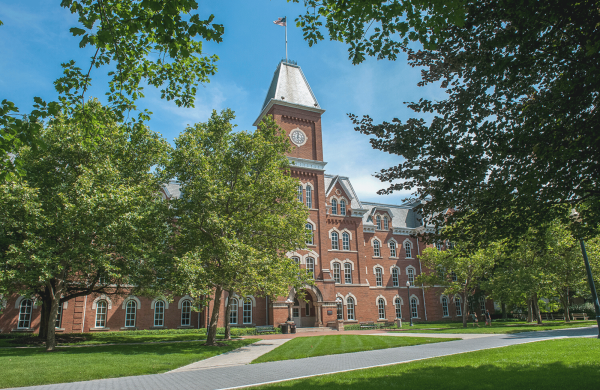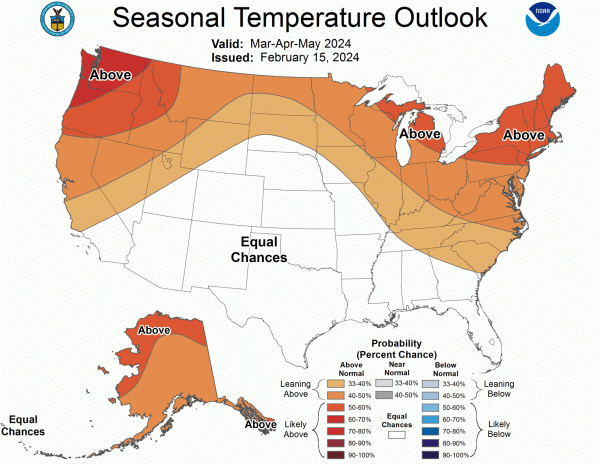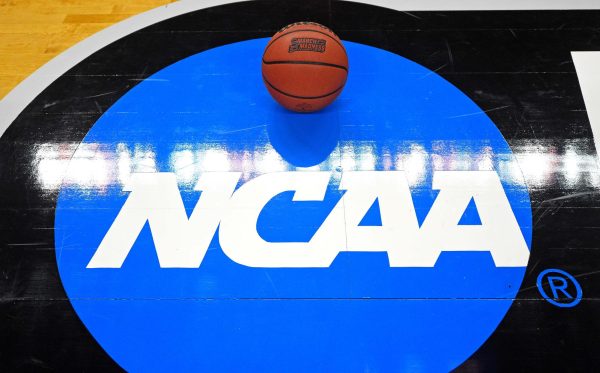Mental Health Affects Of Social Media On Teens
In December 2022, a republican lawmaker from Texas proposed a bill that would ban social media for children under 18 years old. Ultimately, the bill hasn’t passed and will likely not pass any time in the foreseeable future, but it did grab the attention of many people across the country. In 2020, Indonesia also attempted to ban social media for kids below the age of 17 to limit violence and hate speech. Again, they did not follow through with it. In total, there are only four countries in the world that have continuously banned social media in any form.
This past week, a proposal has arose in the US Senate to ban social media platform, TikTok, in the United States. TikTok is believed to be China’s access to Americans and a way to gain information through people’s phones. This is at least the argument from congressmen Ken Buck and John Hardy, who believe Tik Tok, a Chinese app, poses a threat to all Americans. According to Wallaroo Media, over 32% of TikTok users are aged 10-19. Thus, TikTok poses a dangerous threat to our younger generations as their information is at risk. Issues with social media in teens are not solely limited to TikTok.
Despite social media being heavily accessible to the majority of the world, it has significant downsides, especially regarding teens. Being behind a technological device allows children to express hatred more easily. Social media also provides teens with a “lack of approval” when their posts or accounts are not interacted with. The mental effects on teenagers have caused suicide rates to increase greatly in the United States. A source from thesun.com depicts just how greatly the rates have grown, with a 70% increase in suicide in girls aged 15-19, and a 151% increase in suicide rates in girls aged 10-14.

Social media also has shown a great increase in political separation. In a study done by the Pew Research Center, the ideologies of the median Democrat and median Republican have greatly separated since 1994, as democrats have sided farther left on the spectrum, and republicans have become more conservative. Social media algorithms are at blame for this separation, because they suggest posts tailored specifically to you, which could be biased towards a certain political viewpoint. Allowing children to use these platforms could be harmful when it comes to their acquisition of accurate knowledge.
Should Social Media Be Banned For Children Under 18?
The simple answer to this question is no. Unfortunately, as much as social media poses a significant threat to teenagers throughout the country, taking away social media in any means would contest the United States’ First Amendment. Also, social media platforms are often used as methods of communication and information. Taking this away from people at any age would be problematic. If the question were, “Should Social Media Be Limited For Children Under 18?” I would agree to an extent. There are issues that could be thwarted, such as political biases. I think social media sites need to do something to prevent the negative effects that their platforms have on teens’ mental health. Social media has become an integral part of children’s lives, but there must be restrictions in order for it to become a much safer environment for all.










